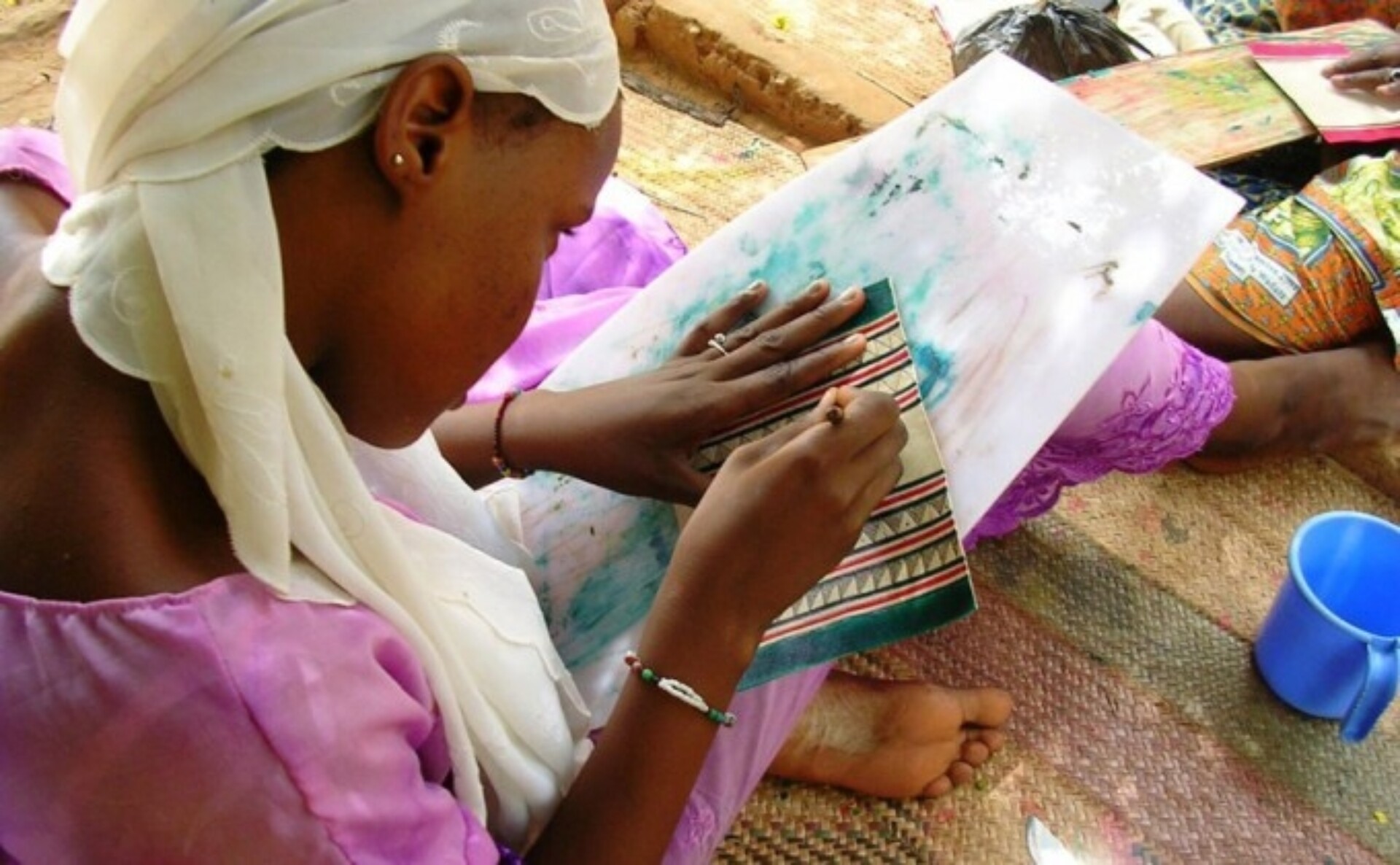
Completed project
Parental Education Project (PEP)
32,000 parents
- UNICEF
- 18 local NGO
- Decentralized Services of the Ministry of National Education
CAD$ 2,200,000 (UNICEF)
The project is part of the UNICEF’s support for the implementation of the Ten-Year Education Development Program. It aims to train students’ parents in regard to the decentralized management of schools and to promote an educational environment that favours schooling and the well-being of children. It targets a school’s community management structures, notably the Management Committees of Schools, Students’ Parents Associations and Teaching Mothers Associations. It uses an innovative approach that uses functional literacy as a means to equip members of these structures to manage school problems better and to ensure good family practices within communities.
Between 2007 and 2013, 1,196 parental education centres have been opened, bringing together 32,000 registered parents (out of which 53% are women). These centres have a 90% attendance level and a 75% success rate. In addition to the educational results that are better than the national average, for all participants there is the development of new attitudes, values and behaviour in regard to the management of schools, health, nutrition and hygiene.
When it comes to children’s education, there are several results to highlight:
- The increase in school attendance due to the improvement of children’s access to schools
- The increase in the number of girls at school
- The decrease in dropout and repeating rates
- The greatest participation of students’ parents in the management of schools
- A better communication between teachers, parents and students
- A greater transparency in the management of schools
- A positive change of approach in the management of disputes that take place at schools
- The realization of community heads in regard to their responsibilities in children’s education.
Several changes are equally noteworthy within communities where the intervention is carried out. First of all, parents increasingly use good family practices at home (be it hygiene, nutrition, vaccination or the respect of children’s rights). The participants in the project make an increased use of writing and calculation and frequent the village library to strengthen their gains. Finally, from now on, literate women have access to a better social promotion within communities.